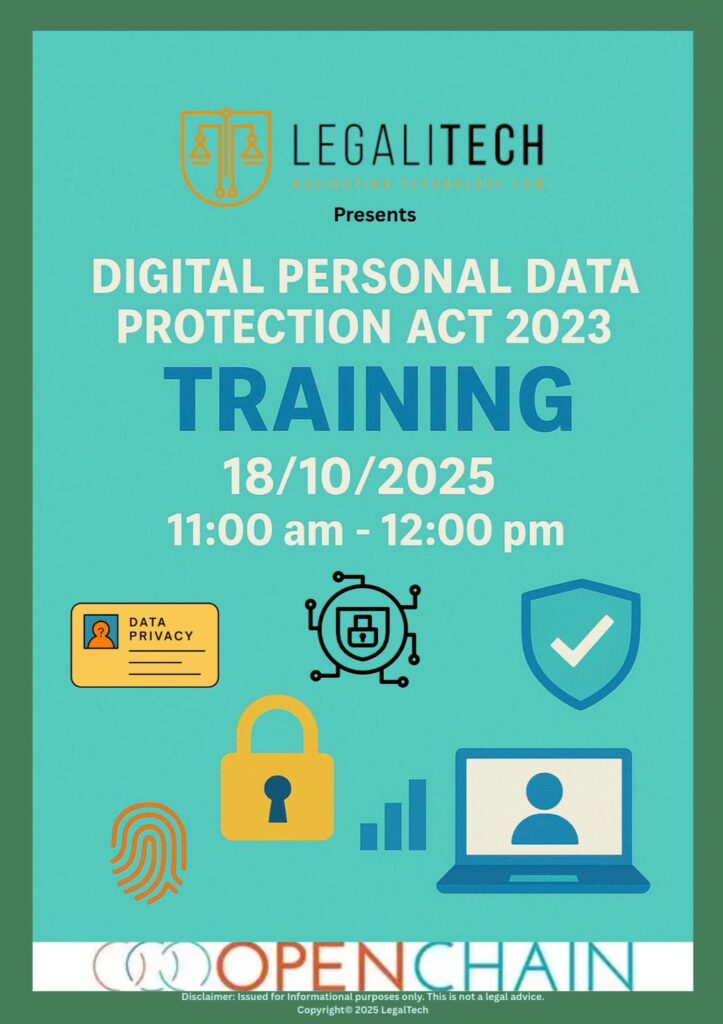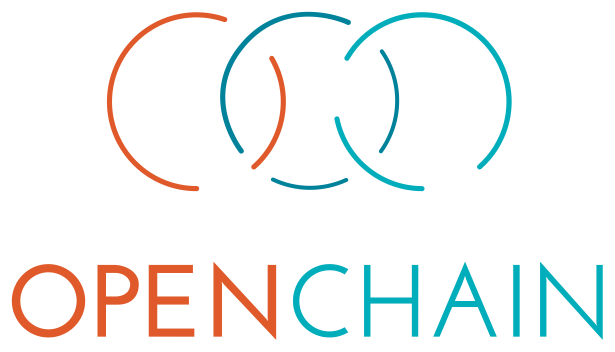
The OpenChain AI Work Group has been considering how to manage AI compliance in the supply chain since January 2024. During this time the community has collaboratively produced a guide to identify key process points for a quality AI compliance program. After completing a drafting process, a review process and a public comment period, that guide is now freely available to all in its release version.
Review the Editing Version on GitHub (MarkDown format)
Get Involved:
Everyone is welcome to be part of this activity! OpenChain has free, open access to all its work groups and study groups. Just turn up, and listen in, and contribute comments, ideas and suggestions.
✉️ We have a dedicated mailing list for the AI Work Group: https://lists.openchainproject.org/g/ai
Attend Future Meetings:
You can find and get the dial-in details for all future meetings from our participate page here: https://www.openchainproject.org/participate





